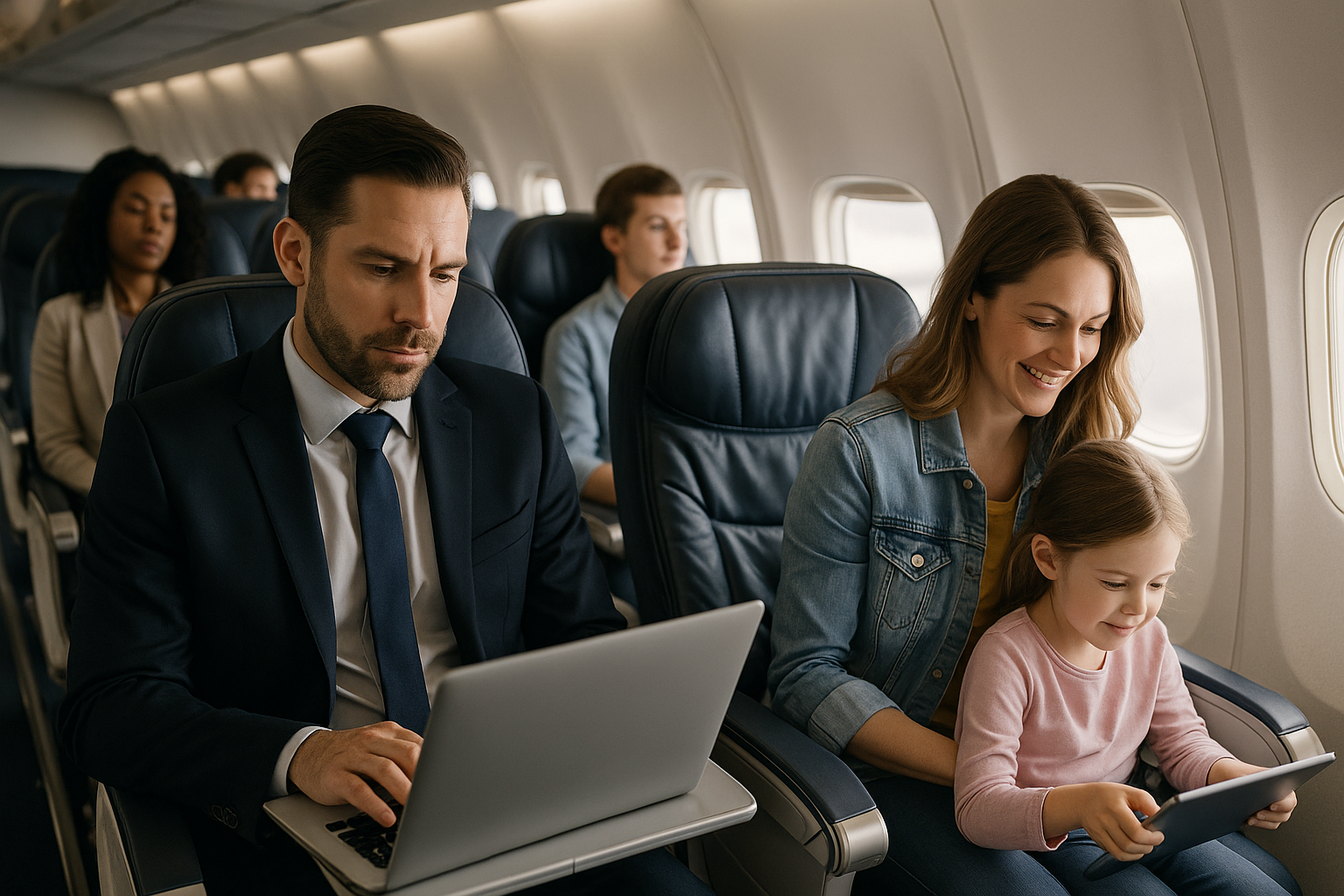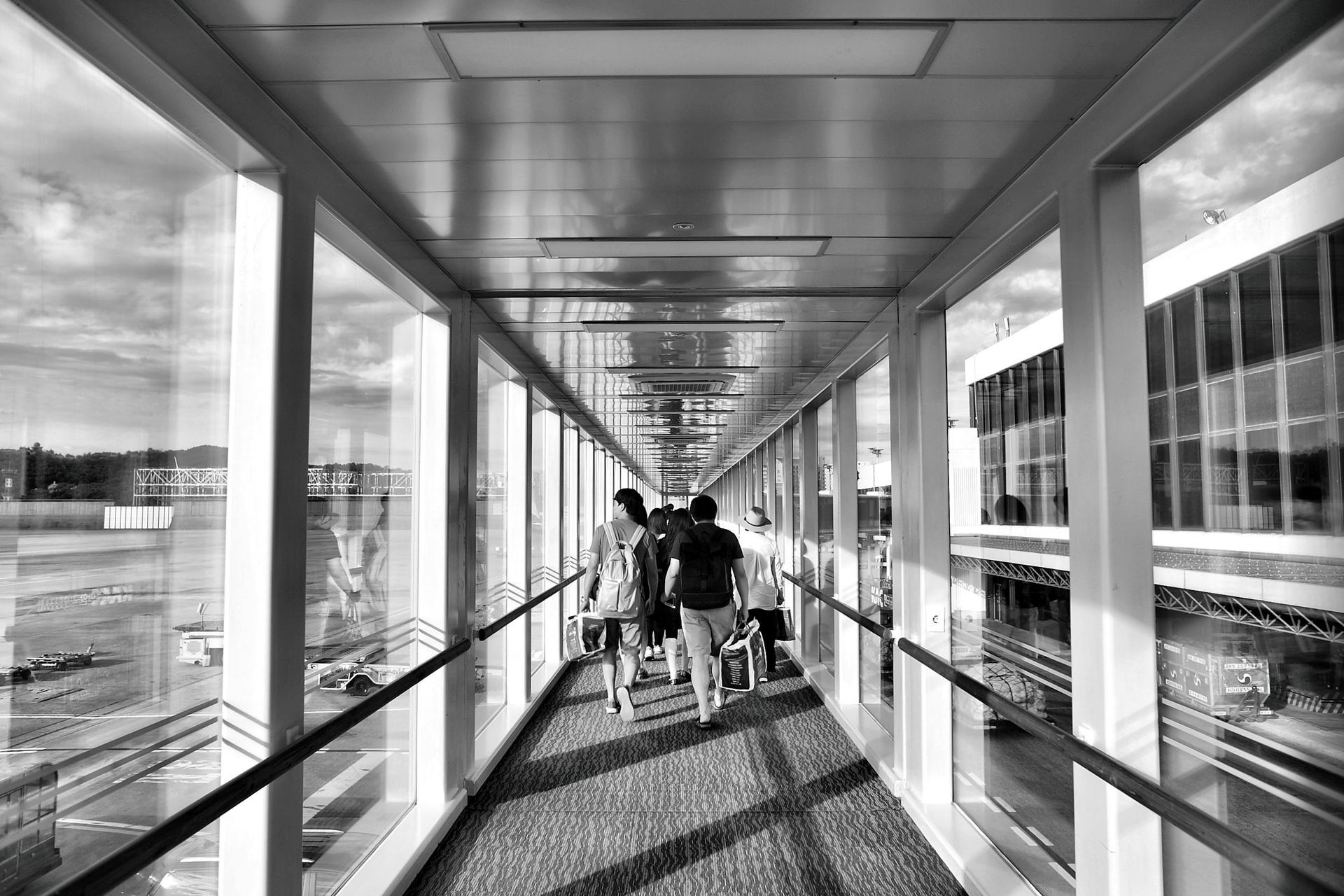How Accommodation Choices Reveal the Psychology of Modern Travel
By Sky Insights Global
We often talk about how people fly. But how people stay, and the decisions they make about accommodation, reveal just as much about the evolving psychology of travel.
These choices aren’t driven by loyalty schemes or room upgrades. They’re shaped by emotional context, trip purpose, and the role a destination plays in someone’s life at that moment. Once you understand that, a pattern emerges, one that airlines, Online Travel Agencies (OTAs), and hospitality providers can learn from.
Here’s what we’ve observed and lived, backed by global insights.
City Breaks Work Best When Your Stay Feels Part of the Story
Picture a traveller in Istanbul, stepping from their stay into a bustling souk. On short city breaks to cultural hubs like Lisbon or Rome, the destination takes centre stage, and accommodation fades into the background. Travellers often choose Airbnb rentals or boutique hotels with local character and prime locations. The room is secondary. The street is the main event.
Booking.com’s 2025 report shows 60% of travellers prioritise proximity to attractions for city breaks, with 51% booking via OTAs for convenience (2023). Whether a rental or hotel, the choice reflects a craving for immersion and spontaneity.
Solo Travel Shifts the Equation: Safety and Visibility Matter More
Imagine a solo traveller arriving in an unfamiliar city, seeking a sense of security. Many, especially women, opt for boutique hotels, not for luxury, but for accountability: a staffed reception, a formal check-in, a feeling that someone knows they’re there.
TravelPerk (2023) found 74% of solo travellers prioritise safety, with solo travel up 20% globally (Statista, 2022 to 2025). A 2023 Expedia report notes OTAs are preferred for curated, trusted options, especially by solo female travellers, making visibility a key part of the experience.
Longer Stays Require Rhythm, Not Routine
Envision a couple in Lisbon, brewing coffee in a rental as the neighbourhood wakes. Stays of 2 to 5 weeks feel like settling in, not visiting. Travellers value kitchens, laundry, and space to unpack, tools for daily rhythms like a local café or market.
Airbnb’s 2025 data shows a surge in bookings for home-like properties, holding 20% of the vacation rental market. Familiarity, not novelty, shapes these choices, with function trumping design.
Places Set the Tone, Travellers Follow What Feels Right
The same traveller might act differently depending on where they are. In Cape Town, they choose a stylish Airbnb in Sea Point, drawn by its affordable design and walkable energy. In Kyoto, a hotel’s warm, cultural hospitality feels irresistible. In Barcelona, rentals blend into vibrant neighbourhoods, offering local charm.
Cape Town and Southern Europe’s rental markets thrive (Airbnb, 2025), while Asia’s hotels lead with exceptional service and value (Statista, 2024). OTAs like Booking.com (69.3% European market share, 2023) and Ctrip adapt, tailoring listings to these nuances, reflecting trust rooted in local context over fixed habits.
In Remote Places, Structure Offers Reassurance
Picture a family in Lapland, unwinding at a resort with northern lights tours at their doorstep. In places like Tulum or Iceland, where infrastructure is limited, resorts provide reassurance, transport, meals, and safety bundled in. McKinsey’s 2024 data shows a 152% rise in resort bookings in remote areas.
In more connected towns like Playa del Carmen, preferences shift to boutique hotels or rentals for flexibility and local flavour. Context, not category, drives the choice.
It’s Not About the Traveller Profile. It’s About the Moment
Forget age, income, or demographics, what shapes a traveller’s accommodation choice is the quiet need they’re meeting in that fleeting moment. A solo adventurer in a new city seeks emotional safety, finding comfort in a hotel’s staffed reception. A couple on a city break craves local immersion, drawn to a rental just steps from a vibrant market. A family in a remote destination longs for control and ease of movement, embraced by a resort’s structured offerings. Others, settling into a month-long stay, craft a rhythm with a kitchen and a familiar neighbourhood café, while some simply need the reassurance of knowing someone is aware of their presence. Across five trips, one person might choose a resort, a rental, or a hotel, each decision perfectly suited to the context. With 55of bookings flowing through OTAs (2023), this fluidity isn’t inconsistency, it’s clarity, driven by the moment’s unique demands.
Translating Behaviour into Business Opportunity
To connect with modern travellers, brands must align with context. Airlines can offer tailored packages: city breaks with central stays, solo travel bundles that prioritise safety, and flexible fares for longer trips.
Online travel agencies should add filters for walkability, safety and trip duration. Hospitality providers can develop hybrid stays, hotels with rental-style amenities or rentals with concierge level support and focus on sustainability. 74% of travellers now seek eco-friendly options, even when they cost more.
Final Thought
This isn’t just about accommodation. It’s about the emotional logic behind travel decisions. Travellers aren’t inconsistent, they’re context-driven. And it’s that context, trip by trip, that shapes trust, memory, and loyalty.
For brands aiming to connect, the challenge is clear, understand the moment, not just the market.
At Sky Insights Global, we look beyond the booking to the behaviour. If you're shaping travel experiences, let's talk. Trust begins with understanding.
team@skyinsightsglobal.com.



